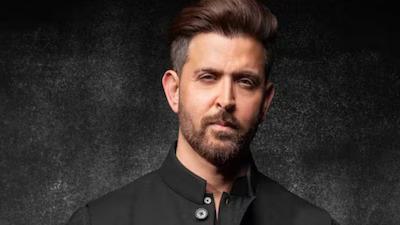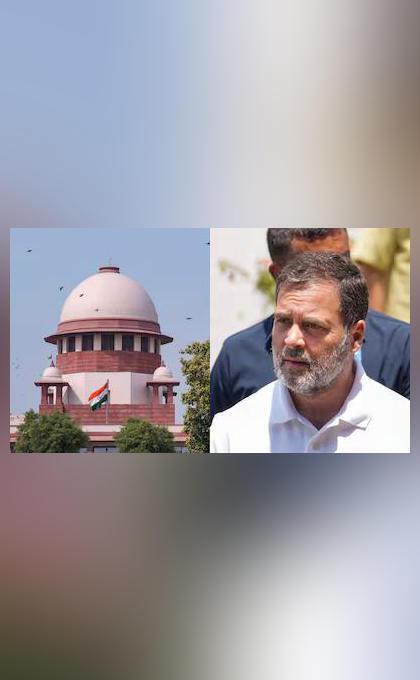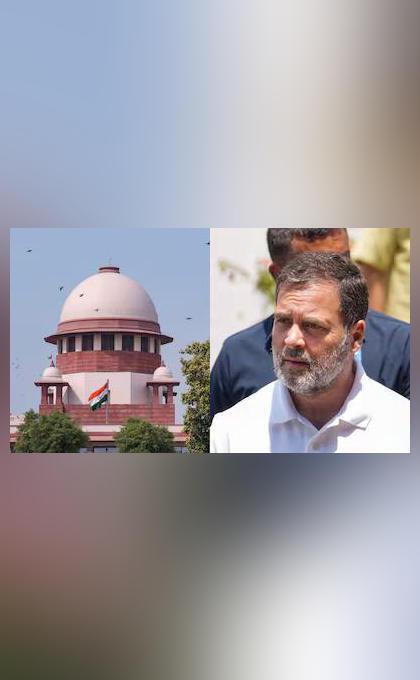
Appalled by Filth & Chaos: Hansal Mehta on Mumbai’s Infrastructure
Mumbai, the financial capital of India, is known for its fast-paced lifestyle, vibrant culture, and stunning architecture. However, beneath the glitz and glamour, the city is struggling with severe infrastructure issues that have left its residents and authorities alike feeling frustrated and helpless. Filmmaker Hansal Mehta, a Mumbaiite himself, has recently expressed his anguish and disappointment with the city’s “filth and chaos” and the residents’ “collective indifference” towards it.
In an emotional outburst on social media, Mehta addressed the authorities and Mumbaikars, urging them to take immediate action to address the crisis. He wrote, “How long will we continue to live like this? I still believe I love this city, but it’s strangled by those in power. They profit from its decay and dress it up as resilience.” Mehta’s remarks have sparked a heated debate on social media, with many sharing their own experiences and frustrations with the city’s infrastructure.
The reality is that Mumbai’s infrastructure has been in a state of crisis for several years, with issues ranging from overflowing drains and potholed roads to inadequate public transportation and crumbling buildings. The city’s rapid growth and urbanization have put immense pressure on its infrastructure, making it difficult for authorities to keep up with the demands of its growing population.
One of the primary concerns is the city’s poor waste management system. Mumbai generates over 11,000 metric tons of waste every day, but the city’s waste management infrastructure is woefully inadequate to handle this amount. As a result, garbage piles up on streets, creating unsanitary conditions and attracting pests and rodents. Mehta’s frustration with the city’s filth is well-placed, as the city’s residents are forced to live with the stench and mess.
Another major issue is the city’s traffic congestion. Mumbai’s roads are notorious for their chaos, with narrow lanes, inadequate parking spaces, and a lack of pedestrian-friendly infrastructure making it a nightmare for commuters. The city’s public transportation system is also inadequate, with buses and trains often overcrowded and unreliable. As a result, many residents are forced to rely on private vehicles, which has exacerbated the traffic congestion.
Mehta’s criticism of the city’s authorities is also well-justified. Despite numerous promises to improve the city’s infrastructure, little progress has been made. The city’s politicians and bureaucrats have been accused of neglecting the city’s infrastructure, with some even being accused of profiteering from the city’s decay.
However, Mehta’s criticism is not limited to the authorities alone. He also laments the “collective indifference” of Mumbaikars towards the city’s infrastructure. Mehta believes that residents have become desensitized to the city’s problems, accepting the filth and chaos as a normal part of life. He writes, “We’ve become numb to the stench, the noise, the chaos. We’ve become numb to the fact that our city is dying a slow death.”
Mehta’s words have resonated with many Mumbaikars, who are tired of living with the city’s infrastructure issues. Many have shared their own stories of frustration and anger on social media, with some even sharing photos and videos of the city’s filth and chaos.
However, Mehta’s criticism has not gone unchallenged. Some have argued that the city’s infrastructure issues are a result of historical and systemic problems that cannot be solved overnight. Others have pointed out that the city’s rapid growth and urbanization have put immense pressure on its infrastructure, making it difficult for authorities to keep up with the demands of its growing population.
Despite these challenges, Mehta remains hopeful that change is possible. He believes that the city’s residents have the power to demand better infrastructure and hold authorities accountable for their actions. He writes, “We need to take ownership of this city. We need to demand better. We need to hold our leaders accountable.”
Mehta’s words are a powerful reminder that change is possible when we work together to demand better. Mumbai is a city that has been through many challenges and has always emerged stronger. With its residents working together to demand better infrastructure, the city can overcome its current challenges and emerge stronger and more resilient than ever.
In conclusion, Hansal Mehta’s critique of Mumbai’s infrastructure is a wake-up call for the city’s residents and authorities. The city’s filth and chaos are not acceptable, and it is time for change. Mehta’s words are a reminder that we have the power to demand better and hold our leaders accountable. It is time for Mumbaikars to come together and take ownership of their city, demanding better infrastructure and a better quality of life.





